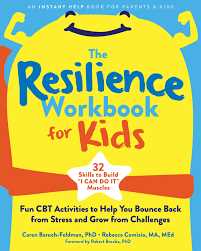
Stress is a common part of life, and it can have a significant impact on our mental and physical health. In a bustling city like Vancouver, where the pace of life can be fast and demanding, stress and anxiety are prevalent. However, it is essential to understand that stress is a normal response to challenging situations and can be managed effectively.
Resilience is the ability to adapt and bounce back from adversity. It is a crucial factor in coping with stress and maintaining mental well-being. Building resilience involves developing skills and strategies to manage stress effectively, as well as seeking support from friends, family, and professionals when needed.
Vancouver offers a variety of resources and support networks to help individuals build resilience and manage stress. From mental health organizations to meditation and yoga studios, there are many opportunities to learn and practice stress management techniques. Additionally, the city’s natural beauty provides a serene backdrop for relaxation and self-reflection, with parks, mountains, and the ocean all within reach.
Investing in mental health and building resilience is essential for overall well-being. By understanding stress and learning healthy coping mechanisms, individuals in Vancouver can navigate the challenges of city life while maintaining their mental and emotional health. Remember, you are not alone in your journey towards resilience, and there is support available to help you thrive in Vancouver.
What is Stress?

Stress is a natural response to the demands and pressures of life. It is a physiological and psychological reaction that occurs when we perceive a situation as challenging or threatening. While some level of stress can be beneficial and motivating, chronic or excessive stress can have negative effects on our well-being.
In Vancouver, where the fast pace of life and high cost of living can contribute to stress levels, it is important to build resilience and develop healthy coping mechanisms. Resilience refers to our ability to bounce back from stressful situations and adapt to change. It is a key factor in maintaining good mental health and overall well-being.
Coping strategies can vary from person to person, but some common approaches include exercise, mindfulness practices, and seeking support from friends, family, or professionals. Vancouver offers a range of resources and support services to help individuals manage stress and improve their mental health.
Investing in our mental health is crucial for our overall health and well-being. By understanding stress and developing resilience, we can better navigate the challenges of life and maintain a balanced and healthy lifestyle in Vancouver.
Definition of Stress

Stress is a mental and emotional state that occurs when individuals feel overwhelmed by the demands of their daily lives. It can manifest as feelings of anxiety, tension, and pressure, and can have a negative impact on both physical and mental health.
Resilience is the ability to adapt and bounce back from stressful situations. Building resilience is essential for maintaining good mental health and well-being.
In Vancouver, where the pace of life can be fast and demanding, it is important to recognize the signs of stress and seek support when needed. Stress can affect individuals in different ways, and it is crucial to prioritize self-care and seek help if stress becomes overwhelming.
There are various support systems available in Vancouver to help individuals cope with stress, such as counseling services, support groups, and wellness programs. These resources can provide individuals with the tools and strategies to manage stress effectively and improve their overall well-being.
It is important to remember that stress is a normal part of life, but excessive or chronic stress can have a detrimental effect on mental and physical health. By understanding stress and building resilience, individuals can take control of their well-being and lead healthier, more balanced lives in Vancouver.
Symptoms of Stress
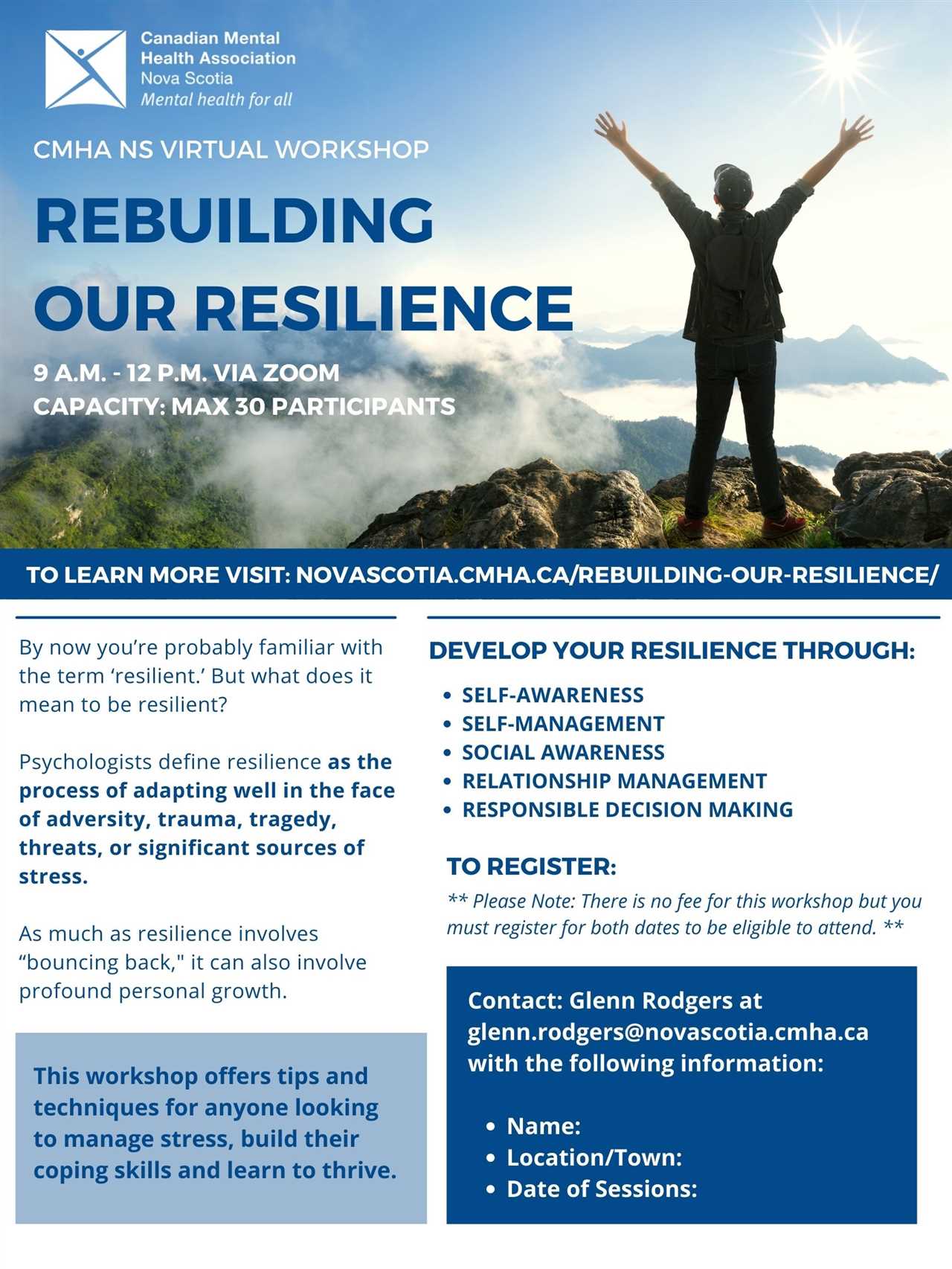
Stress can have a significant impact on our health and well-being. It can affect us both mentally and physically, and it’s important to recognize the symptoms in order to seek support and develop resilience.
One common symptom of stress is anxiety. When we’re under stress, we may feel overwhelmed, worried, or on edge. This can manifest in physical symptoms such as a rapid heartbeat, tense muscles, or difficulty sleeping.
Mental health can also be affected by stress. It can lead to feelings of sadness, irritability, or difficulty concentrating. Stress can also make existing mental health conditions worse.
Coping with stress is essential for maintaining good health. Developing resilience can help us bounce back from stressful situations and adapt to new challenges. This can involve practicing self-care, seeking support from loved ones, and engaging in stress-reducing activities such as exercise or meditation.
By recognizing the symptoms of stress and taking steps to manage it, we can protect our mental and physical well-being and build resilience for the future.
The Impact of Stress on Mental Health

Stress can have a profound impact on mental health. When individuals experience high levels of stress, it can affect their overall well-being and lead to various mental health issues. Coping with stress is essential for maintaining good mental health and resilience.
Living in a bustling city like Vancouver can contribute to higher stress levels due to the fast-paced lifestyle and high expectations. The pressure to succeed and meet societal standards can lead to increased anxiety and stress. It is crucial for individuals to recognize the signs of stress and seek appropriate support.
Mental health is vital for overall health and well-being. Stress can negatively affect mental health by causing symptoms such as anxiety, depression, and mood swings. Chronic stress can lead to more severe mental health conditions if left unaddressed.
Building resilience is key to managing stress and maintaining good mental health. Resilience involves developing coping strategies and seeking support from friends, family, and professionals. Engaging in activities that promote relaxation and self-care, such as exercise and mindfulness, can also contribute to building resilience.
In Vancouver, there are numerous resources available to support individuals in managing stress and maintaining good mental health. Mental health organizations, counseling services, and support groups can provide guidance and assistance in coping with stress and building resilience.
It is important for individuals to prioritize their mental health and seek help when needed. By understanding the impact of stress on mental health and taking proactive steps to manage stress, individuals can improve their overall well-being and lead healthier, more fulfilling lives.
Relationship between Stress and Mental Health
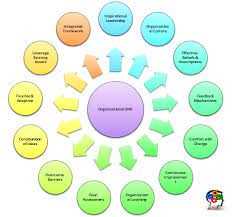
Stress is a common experience for many individuals living in Vancouver. The fast-paced lifestyle, high cost of living, and demanding work environment can contribute to feelings of overwhelm and anxiety. Mental health is closely linked to stress, as prolonged exposure to stress can have a negative impact on overall well-being.
When individuals are unable to cope effectively with stress, it can lead to the development of mental health issues such as anxiety and depression. The constant pressure and demands can take a toll on one’s mental resilience, making it harder to bounce back from stressful situations.
Building resilience is crucial for maintaining good mental health in the face of stress. Resilience involves the ability to adapt and recover from adversity, and it can be developed through various strategies. Seeking support from friends, family, or professionals can provide individuals with the necessary tools and resources to cope with stress effectively.
In Vancouver, there are numerous resources available to support individuals in managing stress and improving their mental well-being. These resources include counseling services, support groups, and workshops that focus on stress management techniques and building resilience.
It is important to recognize the relationship between stress and mental health and take proactive steps to address stress in order to maintain overall well-being. By developing effective coping mechanisms and seeking support when needed, individuals can better navigate the challenges of stress and protect their mental health.
Common Mental Health Disorders Caused by Stress
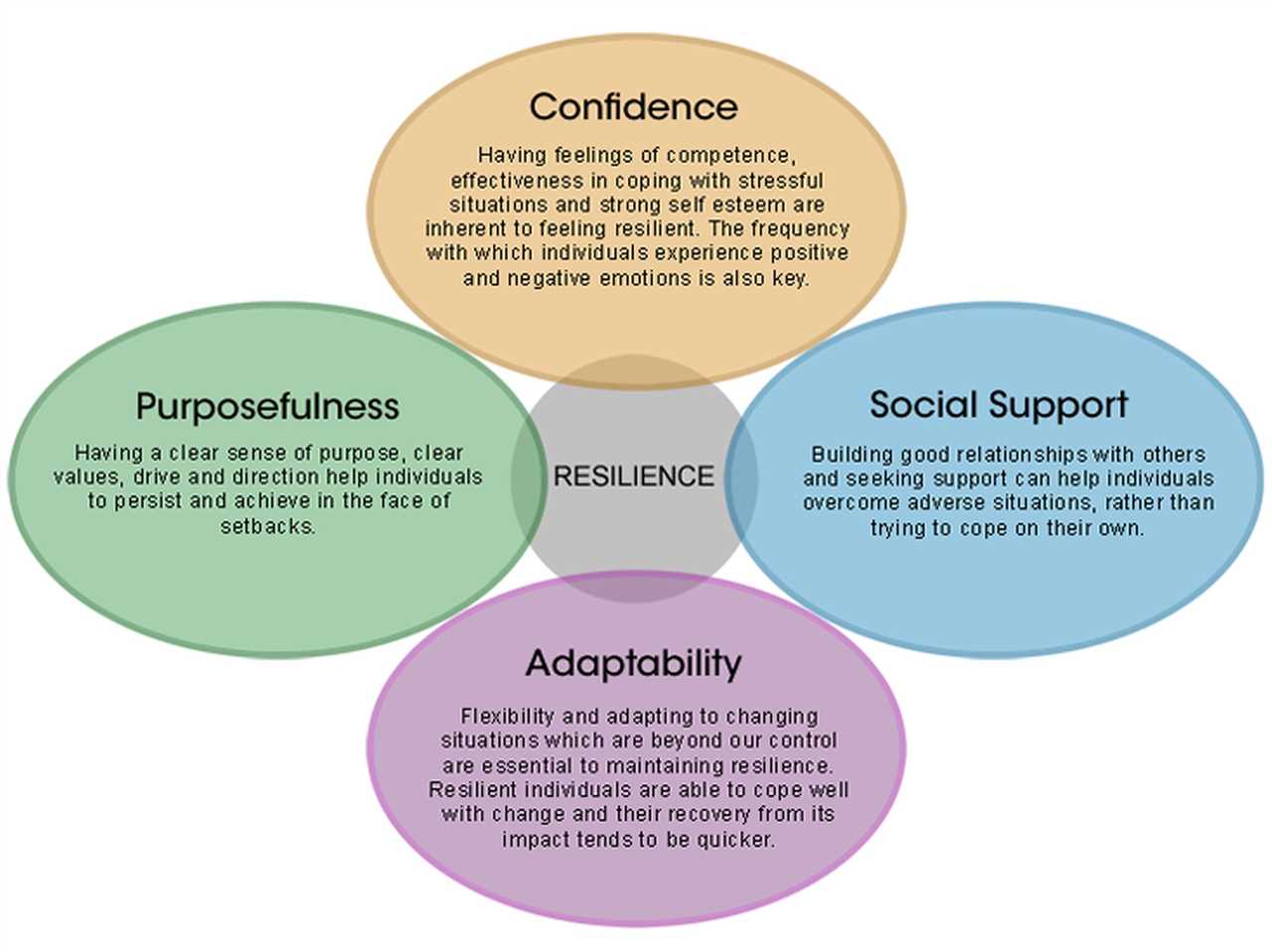
Stress can have a significant impact on mental health, leading to the development of various disorders. In Vancouver, where the pace of life can be fast and demanding, many individuals experience high levels of stress that can result in the following mental health conditions:
- Anxiety Disorders: Stress can trigger anxiety disorders, such as generalized anxiety disorder, panic disorder, and social anxiety disorder. These disorders are characterized by excessive worry, fear, and avoidance behaviors.
- Depression: Prolonged stress can contribute to the development of depression. Symptoms may include persistent sadness, loss of interest in activities, changes in appetite, and difficulty concentrating.
- Post-Traumatic Stress Disorder (PTSD): Exposure to traumatic events can lead to PTSD, which is characterized by intrusive thoughts, flashbacks, nightmares, and heightened arousal. Stressful experiences can trigger or worsen symptoms.
- Eating Disorders: Stress can play a role in the development of eating disorders, such as anorexia nervosa, bulimia nervosa, and binge-eating disorder. These disorders involve unhealthy eating patterns and a preoccupation with body weight and shape.
- Substance Abuse Disorders: Some individuals may turn to substances like drugs or alcohol as a way to cope with stress. Over time, this can lead to addiction and substance abuse disorders.
It is important to recognize the signs and symptoms of these mental health disorders and seek support. Vancouver has various resources available for individuals to improve their mental well-being and learn effective coping strategies for managing stress.
Building Resilience in Vancouver
Living in a bustling city like Vancouver can be exciting, but it can also be stressful. The fast-paced lifestyle, high cost of living, and the pressure to succeed can all contribute to feelings of anxiety and stress. However, it is important to remember that stress is a normal part of life and can even be helpful in some situations. The key is to find healthy ways to cope with stress and build resilience.
Resilience is the ability to bounce back from adversity and maintain mental well-being. It involves developing skills and strategies to cope with stress and overcome challenges. In Vancouver, there are many resources available to help individuals build resilience and improve their mental health.
One important aspect of building resilience is seeking support. Vancouver has a strong network of mental health organizations and support groups that can provide guidance and assistance. These organizations offer a variety of services, including counseling, therapy, and support groups, all aimed at helping individuals develop healthy coping mechanisms.
Another way to build resilience is by taking care of your physical health. Engaging in regular exercise, eating a balanced diet, and getting enough sleep can all contribute to overall well-being and help reduce stress. Vancouver offers a wide range of recreational activities, such as hiking, biking, and yoga, that can help individuals stay active and improve their mental health.
Additionally, practicing self-care is crucial in building resilience. Taking time for yourself and engaging in activities that bring you joy and relaxation can help reduce stress and improve mental well-being. Whether it’s taking a walk along the seawall, visiting a local park, or enjoying a cup of coffee at a cozy café, Vancouver offers plenty of opportunities for self-care.
In conclusion, building resilience in Vancouver is essential for maintaining mental well-being in a fast-paced and stressful environment. By seeking support, taking care of your physical health, and practicing self-care, individuals can develop the skills and strategies necessary to cope with stress and overcome challenges. Remember, it’s okay to ask for help and prioritize your mental health.
| Resources | Contact Information |
|---|---|
| Vancouver Coastal Health | www.vch.ca |
| BC Mental Health and Substance Use Services | www.bcmhsus.ca |
| Canadian Mental Health Association – Vancouver-Fraser | www.vancouver-fraser.cmha.bc.ca |
Definition of Resilience
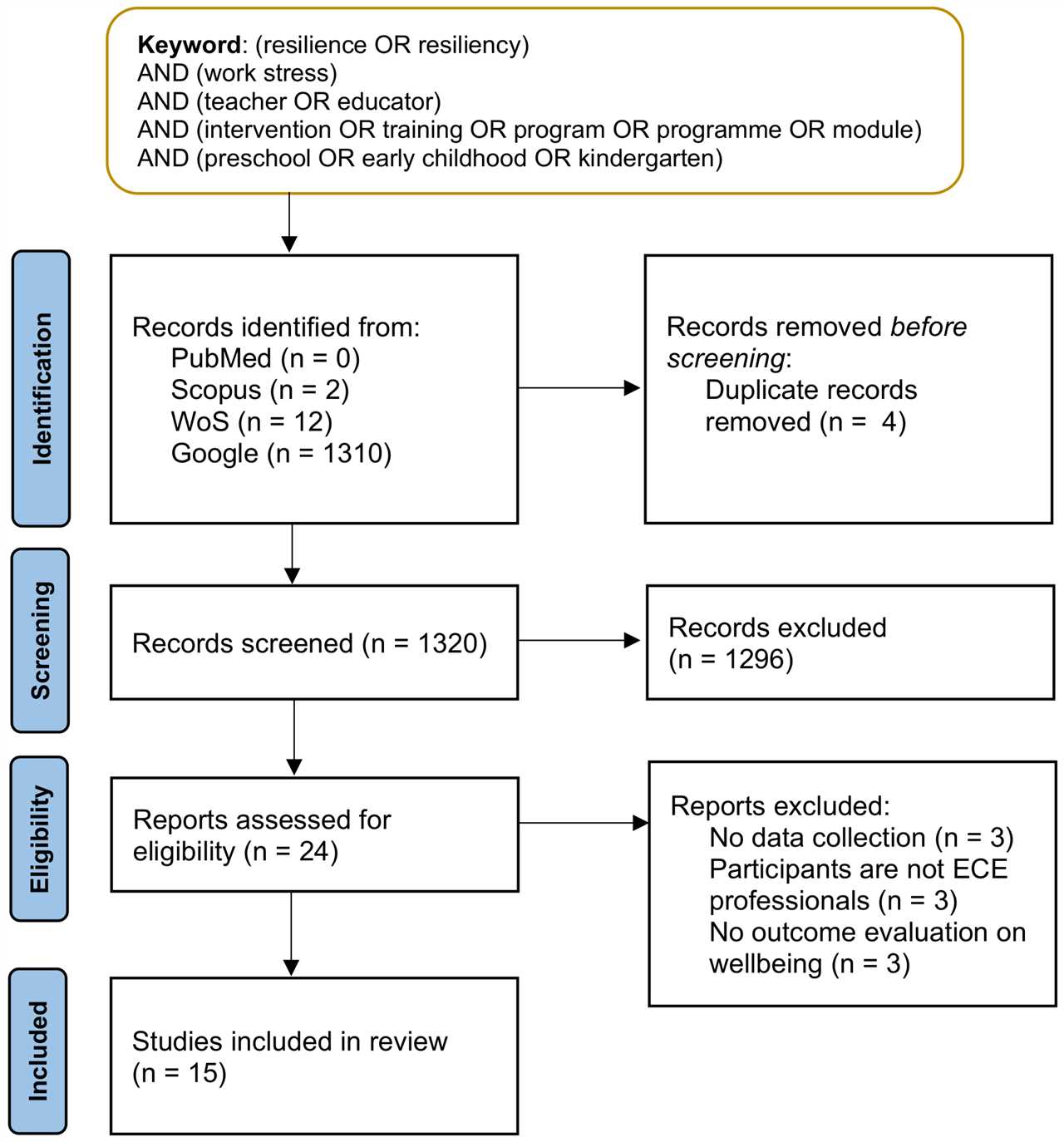
Resilience can be defined as the ability to bounce back and adapt in the face of adversity, stress, or challenging situations. It is the capacity to maintain mental well-being and cope with anxiety and stressors effectively. In the bustling city of Vancouver, where the fast-paced lifestyle and high demands can often lead to increased levels of stress, resilience becomes an essential quality to cultivate.
Resilience is not about avoiding stress or eliminating it completely, but rather about developing the skills and support systems necessary to navigate through difficult times. It involves recognizing and accepting the challenges that come our way, and finding healthy ways to cope and bounce back.
Living in Vancouver, individuals may face various stressors, such as work pressures, financial strains, or personal issues. Resilience helps individuals build a strong foundation of mental well-being, allowing them to better handle these stressors and maintain a sense of balance and calm.
Building resilience involves developing strategies and practices that promote self-care, self-reflection, and self-awareness. This may include engaging in activities that promote relaxation and stress reduction, seeking social support from friends and family, and engaging in regular physical exercise. Additionally, cultivating a positive mindset and practicing mindfulness can also contribute to building resilience.
In Vancouver, there are numerous resources and support networks available to help individuals in their journey towards building resilience. Mental health organizations, counseling services, and community centers offer programs and workshops focused on stress management and resilience-building techniques. Seeking professional help when needed is an important step in building resilience and maintaining mental well-being.
Overall, resilience plays a crucial role in navigating the stressors of life in Vancouver. By developing resilience, individuals can effectively cope with anxiety and stress, leading to improved overall well-being and a greater ability to thrive in the face of adversity.
Ways to Build Resilience
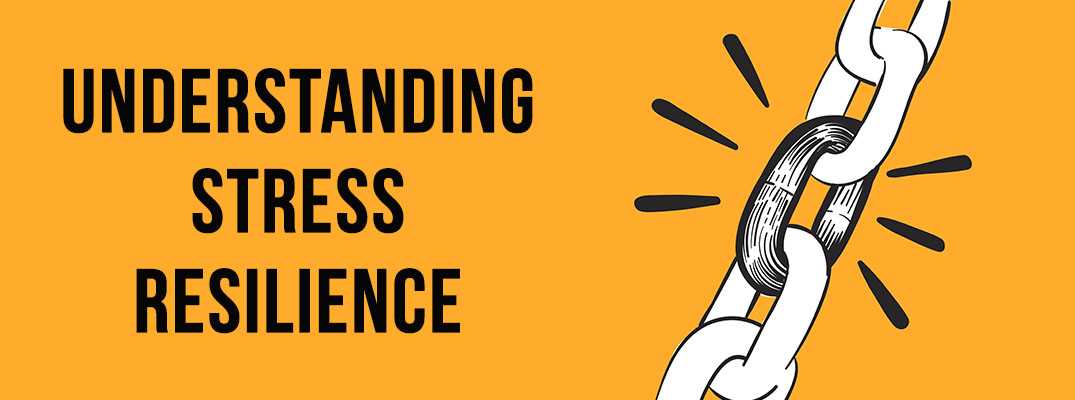
Building resilience is essential for coping with the challenges of everyday life, especially in a bustling city like Vancouver. Here are some effective ways to build resilience and improve your mental well-being:
1. Practice self-care: Taking care of your physical and mental health is crucial for building resilience. Make sure to get enough sleep, eat a balanced diet, and engage in regular exercise. Additionally, practicing relaxation techniques such as deep breathing or meditation can help reduce anxiety and stress.
2. Seek support: Building resilience is easier when you have a strong support system. Reach out to friends, family, or support groups in Vancouver who can provide emotional support and understanding. Talking about your feelings and concerns can help alleviate stress and promote resilience.
3. Develop a positive mindset: Cultivating a positive mindset can greatly contribute to building resilience. Focus on your strengths and accomplishments, and practice gratitude for the good things in your life. By reframing negative thoughts and embracing optimism, you can enhance your ability to cope with stress.
4. Set realistic goals: Setting realistic goals can help you stay motivated and build resilience. Break down larger goals into smaller, manageable tasks and celebrate your progress along the way. This can boost your self-confidence and provide a sense of accomplishment, further enhancing your resilience.
5. Practice problem-solving: Developing strong problem-solving skills can help you effectively cope with stress and build resilience. Identify the problem, brainstorm potential solutions, and weigh the pros and cons of each option. Taking a proactive approach to problem-solving can reduce anxiety and improve your ability to overcome challenges.
6. Take breaks and practice self-compassion: It’s important to give yourself permission to take breaks and practice self-compassion. Recognize that you are human and that it’s okay to make mistakes or experience setbacks. Treat yourself with kindness and understanding, and prioritize self-care to maintain your resilience.
By incorporating these strategies into your daily life, you can strengthen your resilience and improve your overall mental health and well-being in Vancouver.

I am Patrina de Silva, a psychologist and mental health blogger in Sri Lanka. After obtaining psychology degrees from the University of Colombo and Monash University, I returned home to work as a counselor while also starting the popular blog “Pressy but Happy” to provide advice on psychological issues. Over the past decade, my empathetic articles have made my blog a leading mental health resource in the country. In addition to writing, I maintain a private therapy practice, frequently volunteer counseling time, and conduct seminars, driven by my passion for destigmatizing mental illness and educating the public on the mind-body connection. I strive to be an influential voice in my field through my compassionate approach.
